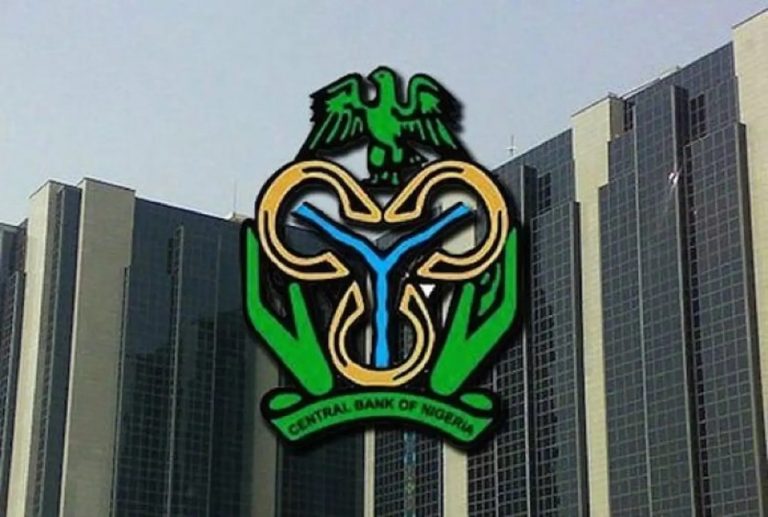
This is an A+ decision from the lower chamber of Nigeria’s parliament: “The House of Representatives has taken a firm stance against the implementation of the Central Bank of Nigeria’s (CBN) cybersecurity levy, calling for an immediate halt to its execution..
“In a motion presented by Minority Leader Kingsley Chinda (PDP Rivers) on behalf of the members, the House emphasized the need for the CBN to withdraw its previous circular on the levy and issue a new one consistent with the provisions of the Cybercrime Act. Section 44(2a) of the act specifies entities such as GSM and telecom companies, internet providers, banks, financial institutions, insurance companies, and the Stock Exchange as liable for the levy, not individual Nigerians.”
Of course they can add those “extras” to our bills. But there is a difference: at least We The People can decide not to consume those services, and get away from the levy. As we discussed here, there is no law in the books which supports what the apex bank did. We do hope this will bring this distraction to a good conclusion while we wait for another one.
Register for Tekedia Mini-MBA edition 17 (June 9 – Sept 6, 2025) today for early bird discounts. Do annual for access to Blucera.com.
Tekedia AI in Business Masterclass opens registrations.
Join Tekedia Capital Syndicate and co-invest in great global startups.
Register to become a better CEO or Director with Tekedia CEO & Director Program.
I must commend the House, Senate and also the government for listening. We are saying: if you want more tax revenue, create GROWTH policies so that companies, citizens, etc can make money and pay taxes. But taxing bland bank transactions is not wisdom in any form.
This is an A+ decision from the lower chamber of Nigeria’s parliament: “The House of Representatives has taken a firm stance against the implementation of the Central Bank of Nigeria’s (CBN) cybersecurity levy, calling for an immediate halt to its execution..
“In a motion… pic.twitter.com/EvJKJSpBb5
— Ndubuisi Ekekwe (@ndekekwe) May 9, 2024
Updated: The Nigerian Senate seems to be supporting this.
Amidst anger from Nigerians, particularly the Organised Private Sector, regarding the 0.5% cybersecurity levy on electronic transactions, the Senate has defended the proposed implementation by the Central Bank of Nigeria (CBN).
By virtue of provisions of the Cybercrime (Prohibition, Prevention, etc) (Amendment) Act 2024, and under the provision of Section 44 (2)(a) of the Act, a levy of 0.5 per cent (0.005) equivalent to half a per cent of all electronic transaction values by the businesses specified in the Second Schedule of the Act is to be remitted to the National Cybersecurity Fund, which the Office of the National Security Adviser shall administer.
Chairman of the Senate Committee on National Security and Intelligence, Senator Shehu Umar Buba, stated in a statement that “the levy is not punitive as it has numerous exemptions to protect and relieve ordinary citizens, particularly the poor.”
The Senate and House On This Matter
The Senate said that the 0.5% cybersecurity levy is the law of the land. And the House of Representatives is in agreement, but where they differ is who is going to pay it. The House thinks the citizens or individuals are not the ones to pay the levy; some companies are to make the payments. Of course, the bird which leaves the ground and perches on the anti-hill is still on the ground. If you ask telcos, banks, etc to make this payment, they will find ways to push it to the citizens!
From Chairman of the Senate Committee on National Security and Intelligence, Senator Shehu Umar Buba: “The Cybercrimes Act of 2015 has provisions for imposing a cybersecurity levy since its enactment, but the vagueness of Section 44 led to different interpretations until the 2024 amendments. The levy is 0.5%, equivalent to half a per cent of the value of all electronic transactions by businesses specified in the Second Schedule to the Act.
“The amendments addressed crucial gaps in the Act and empowered the nation to implement the National Cybersecurity Programme effectively. They also seek to realign and empower the country to combat the inadequate funding and disruptive effects of cyber threats on national security and critical economic infrastructures,” he said.
From House of Reps: “Section 44(2a) of the act specifies entities such as GSM and telecom companies, internet providers, banks, financial institutions, insurance companies, and the Stock Exchange as liable for the levy, not individual Nigerians.”
We will see how this develops.
---
Register for Tekedia Mini-MBA (June 9 – Sept 6, 2025), and join Prof Ndubuisi Ekekwe and our global faculty; click here.



